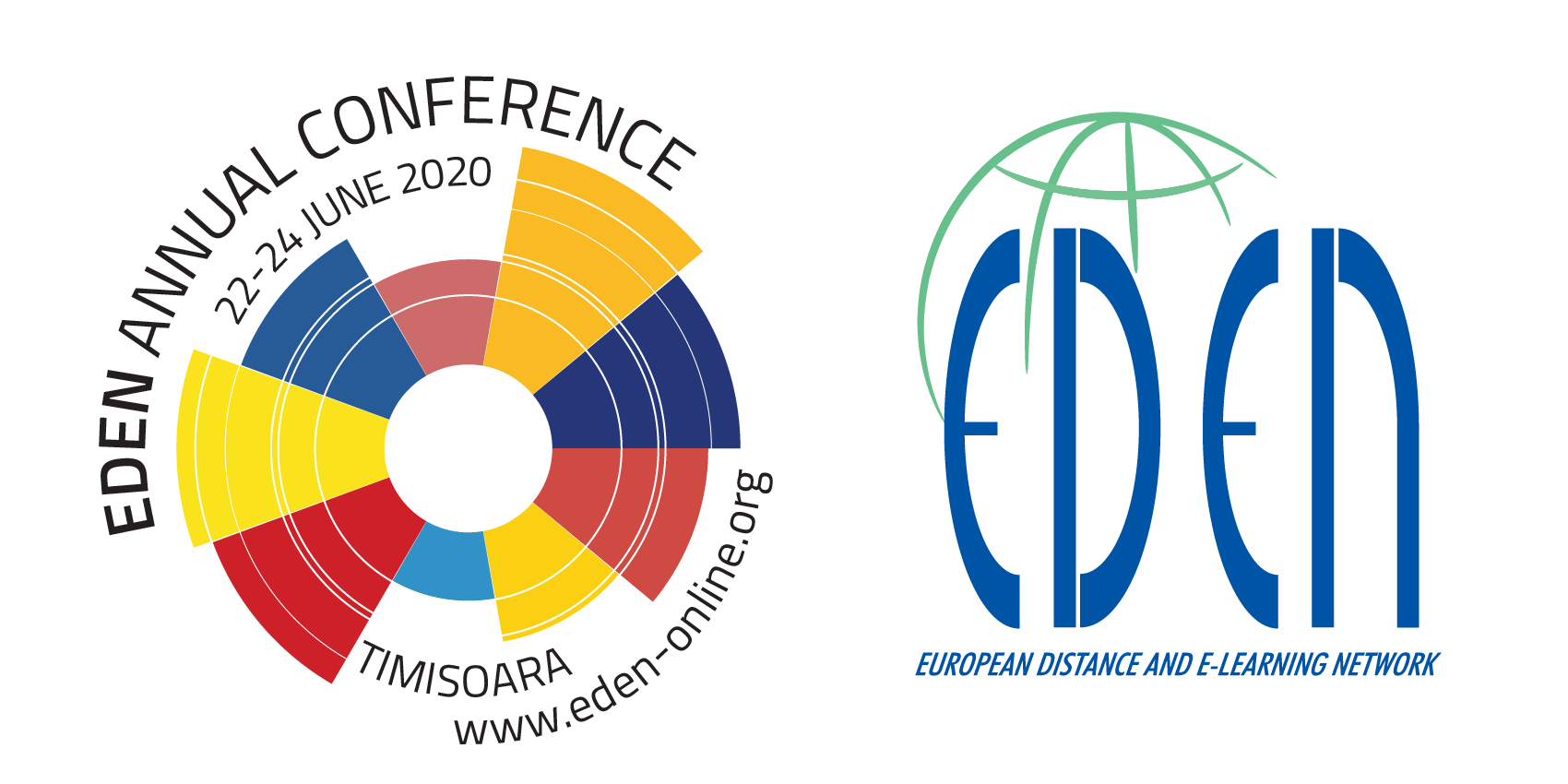23 June 2020, 14.00-15.30 CEST
You will meet
Mitja Jermol, UNESCO Chair in OER and Open Education, Jozef Stefan Institute, Slovenia
Mihajela Crnko, Jozef Stefan Institute, Slovenia
Davor Orlic, Knowledge 4 All Foundation, UK
Session description
Procedures for recognition of prior learning or of non-formal/informal learning do not scale to the massive numbers of students enrolling in open education programmes such as Massive Open Online Courses (MOOCs). Many open educational providers are creating parallel systems of credentials – leading to a situation where millions of students per year are enrolling in open courses offered by universities, which do not necessarily award valid or recognised forms of credit. Just like the ECTS standard has made physical student mobility in Europe so much easier, a harmonised European approach to recognizing and transferring open education digital credentials will enable virtual student mobility, empowering students to adapt their learning portfolio to changing labour market demands and new technological trends.
With an interoperable, validated and widely acknowledged meta-data standard (, mainly reached through public consultations, the MicroHE credentials clearinghouse –- built as a technology demonstrator –- is based on a new and accepted standard. In combination with the partners populating, testing and using the clearinghouse, which is powered by the latest blockchain technologies, this makes for a good pedigree and paves the way for a solid product-market fit of the clearinghouse that can satisfy the micro-credentials market.
In order to achieve maximum interoperability, the MicroHE project chose ESCO as its default ontology, as it is currently the best classification of (i) 13485 European Skills and (ii) Competences, and (iii) 2444 Qualifications and 2942 Occupations. The ESCO classification identifies all these three categories as relevant for the EU labour market and education and training. It systematically shows the relationships between the different concepts via an ontology which can be used by computer systems across Europe.
The vast potential of this approach lies in its possibility to address the needs of many different stakeholders, from students, universities, employers, and others. The technology is here and ready to be challenged in different environments and for many use cases.
